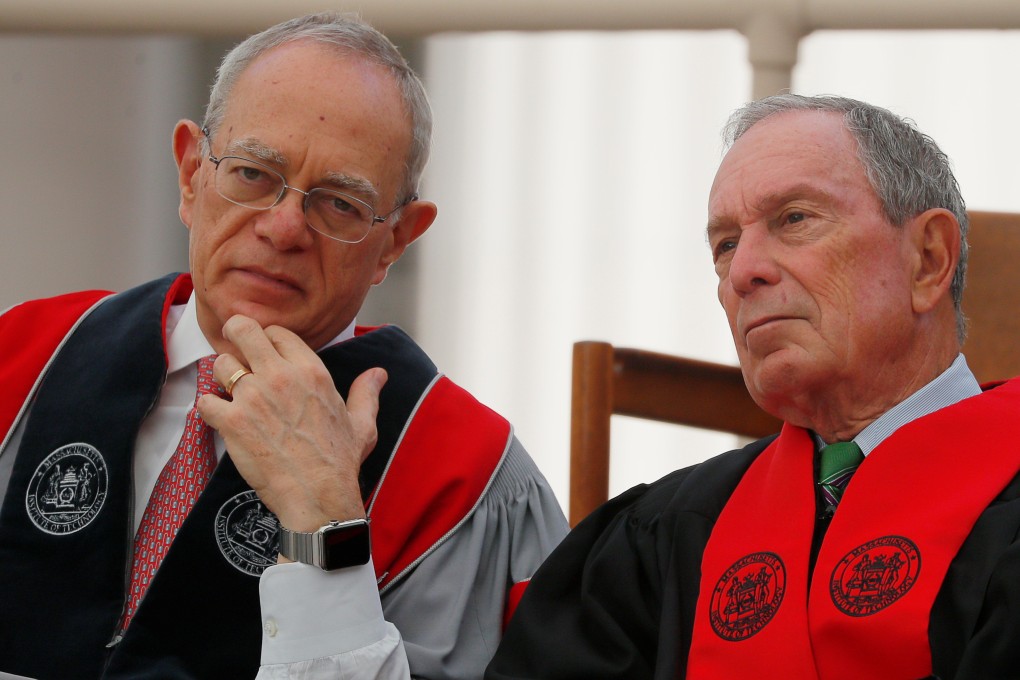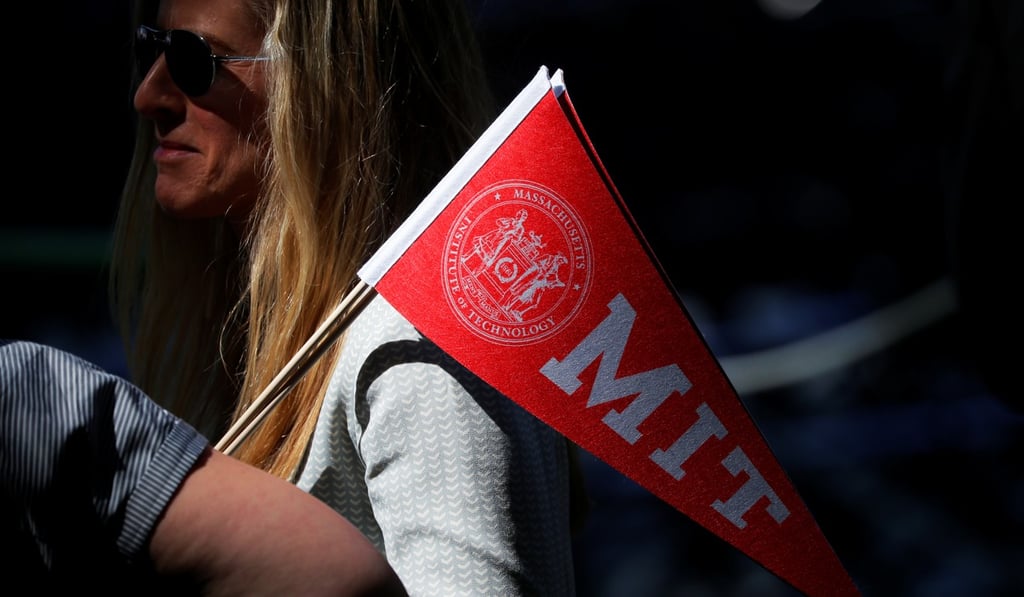MIT president criticises Washington for ‘unfounded suspicions’ about Chinese academics
- L. Rafael Reif tells Massachusetts Institute of Technology community that researchers of Chinese background feel ‘stigmatised and on edge’
- Reif’s letter comes as US government has stepped up its scrutiny of mainland Chinese on many fronts

Massachusetts Institute of Technology’s president has accused the US government of creating “a toxic atmosphere” for academics of Chinese descent in its efforts to prevent Beijing from acquiring advanced American technology.
“I am well aware of the risks of academic espionage and MIT has established prudent policies to protect against such breaches,” L. Rafael Reif said in a letter to the school’s faculty, students, staff and alumni.
“But we must take great care not to create a toxic atmosphere of unfounded suspicion and fear. Looking at cases across the nation, small numbers of researchers of Chinese background may indeed have acted in bad faith, but they are the exception and very far from the rule.
“Yet faculty members, post-docs, research staff and students tell me that, in their dealings with government agencies, they now feel unfairly scrutinised, stigmatised and on edge – because of their Chinese ethnicity alone,” Reif wrote.

MIT was one of many American universities to end funding ties with Chinese telecoms equipment makers Huawei Technologies and ZTE, citing the risks that such arrangements might cause in the light of US federal investigations of the two companies.